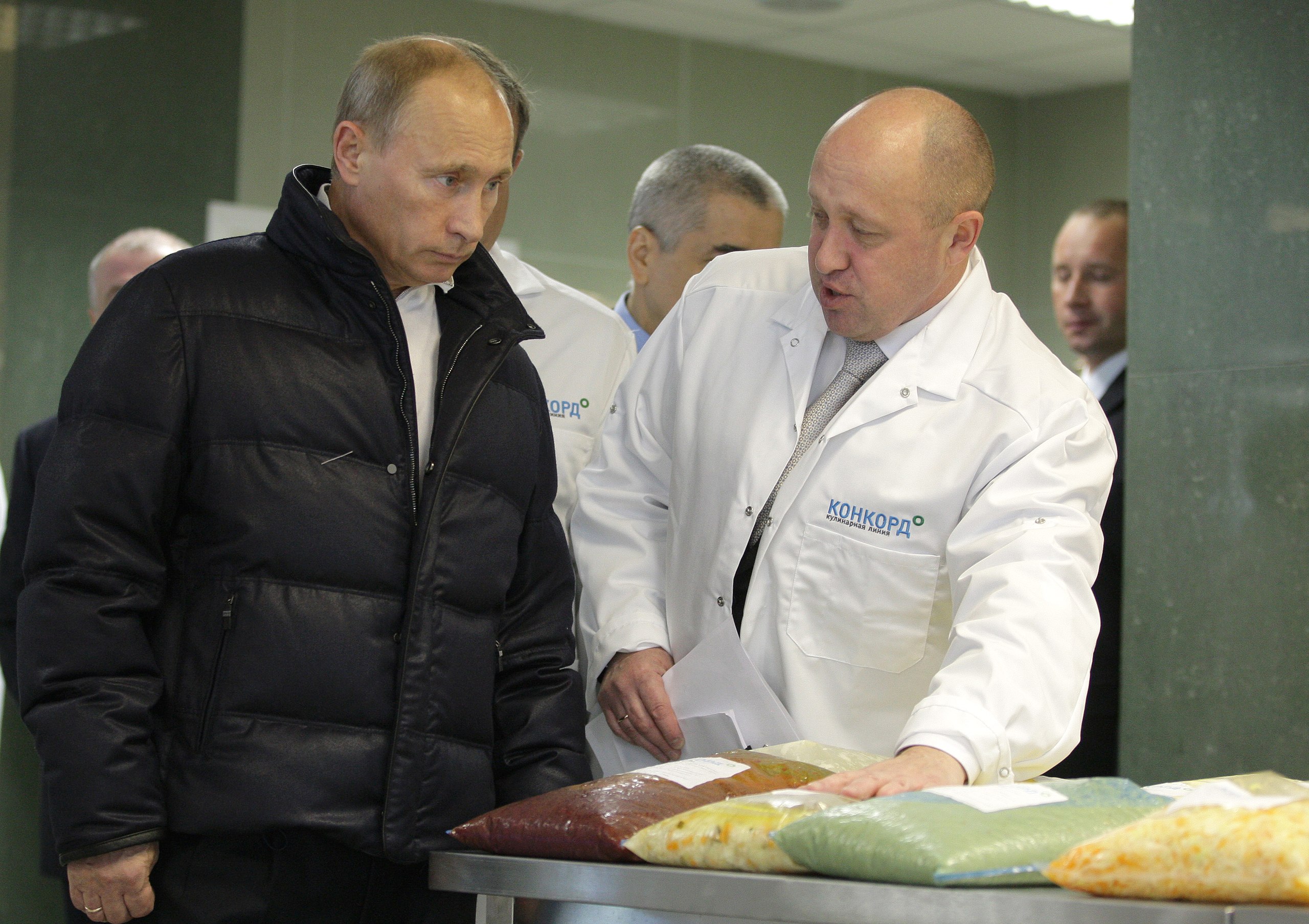The uncanny death of Yevgeny Prigozhin

Vladimir Putin with with Yevgeny Prigozhin in 2010
Hailey Brown - On June 23rd, Yevgeny Prigozhin led a rebelling Wagner Group to Moscow. On August 23rd, he and a commander of the group were announced dead after a plane crash. Though President Putin held a moment of silence during an address, many suspect the Kremlin was behind Prigozhin’s death. Russia has an alleged history of targeting enemies of Putin or the Kremlin.
The mutiny Prigozhin led earlier this year was a direct attack on Putin’s power. It was a sign of weakness in Russian leadership and its ability to wage war against Ukraine. And while Prigozhin spoke out in regret against the rebellion and accepted Putin’s deal to retreat to Belarus, he was still a threat. This is why leaders around the world suspect the Kremlin’s involvement in the plane crash. Aleksei A. Venediktov, former director of a radio station closed by the Kremlin, told the New York Times “Putin has shown his elite any betrayal will be found out.” Prigozhin’s death solidified Putin’s ideological power among the Russian elite and citizens. In a quote for the New York Times, Konstantin Remchukov, an editor of a Moscow newspaper, said, “Everyone’s afraid…It’s just that everyone sees that anything is possible.” Killing or arresting political enemies to maintain ideological power is a common practice in authoritarian countries. Without the ability to ensure citizens will accept the government’s agenda or willingly follow it, regimes like Putin’s would slowly crumble. So, maintaining a facet of material power, like the Wagner Group, which was essential to fighting in Ukraine becomes a secondary problem to maintaining order and power. Ideological power can, usually, negate material power.
Every country operates off of a geopolitical code, which informs its actions. It is calculated based on allies, enemies, threats, and maintaining internal approval. For Putin’s Russia, maintaining internal order is more important than external threats — like its war against Ukraine. Deaths like Prigozhin’s act as a warning to Russians against acting out against Putin or the Kremlin. Whether fear-based control and power is long lasting, however, is uncertain. As is the consequence for the war in Ukraine.
Image source: Government of the Russian Federation, CC BY 3.0

